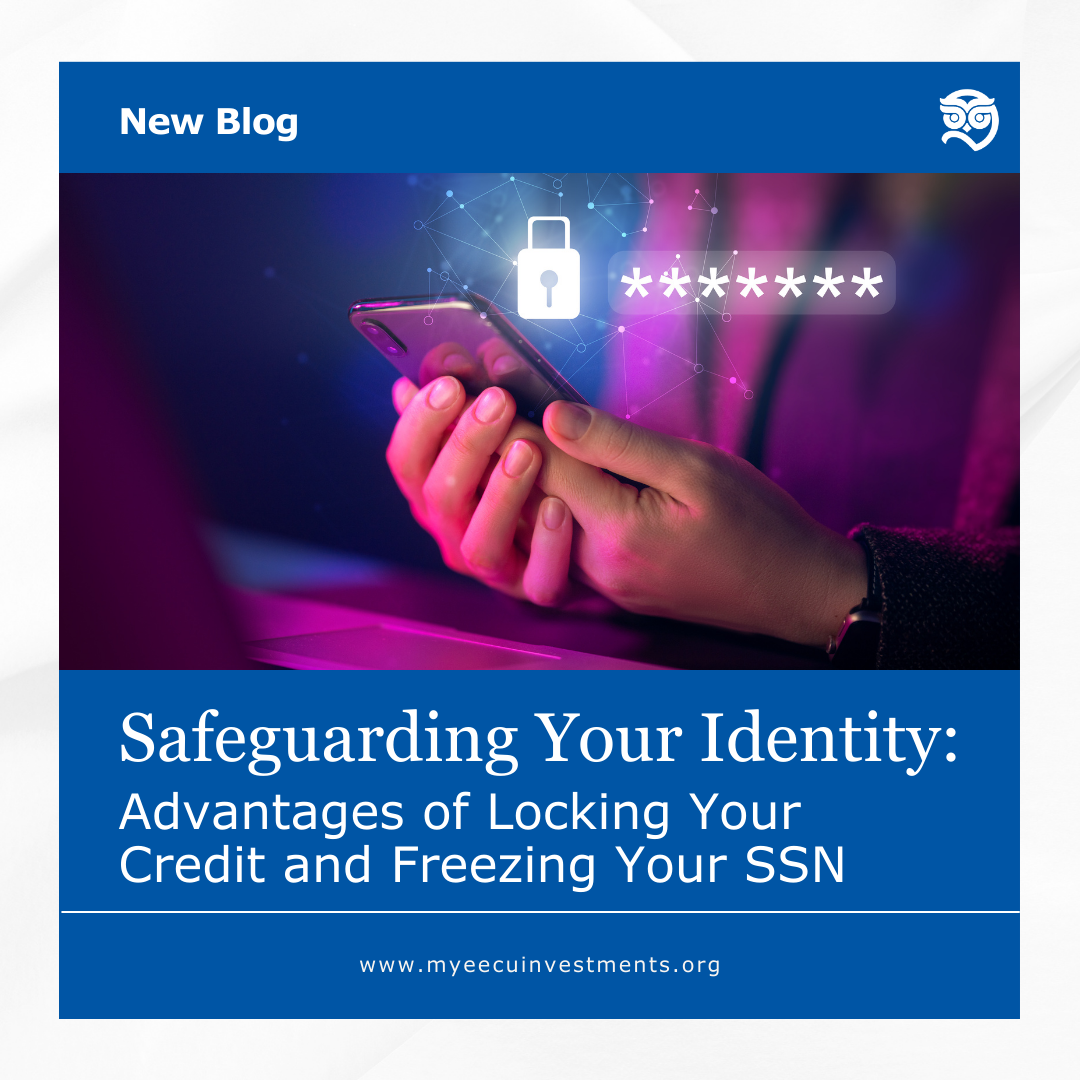Safeguarding Your Identity: The Pros and Cons of Locking Your Credit and Freezing Your Social Security Number

Your credit and Social Security number are two of the most important pieces of personal information that you have when it comes to safeguarding your finances and even your identity. Having compromised credit significantly limits your options for everything from buying a car or home to being approved for a loan, and even getting certain jobs. Your Social Security number is used to file taxes and receive income from your job, and your credit history is examined by financial institutions to determine your creditworthiness.
When Should You Consider Locking Your Credit and Social Security Number
If you suspect your personal information has been compromised, you may look into locking your credit and Social Security number. There are both pros and cons to taking this course of action. Some people consider doing it as a preventative measure, taking action before something problematic occurs. Others may have never thought of taking this extreme action until suspicious activity has started. Some red flags associated with devious behavior include:
- Strange information has popped up on your credit report, such as a new address or credit card inquiry.
- You checked the mail and discovered a credit card bill for a card you don’t own.
- Calls from debt collectors for money you don’t owe.
- Mail that you used to receive is now missing.
- Calls or mail about student loans you are now responsible for from schools you aren’t attending.
If you have even minor concerns that your information has been stolen or compromised, locking your credit and Social Security number may be worth considering.
Pros Of Freezing Your Credit and Social Security Number
- It can help mitigate some of the risks of having a criminal create fraudulent accounts or take out unlawful loans in your name and gain access to your bank or brokerage accounts and credit cards.
- Freezing your credit and Social Security number is free.
- It won’t impact your credit score.
- In most states, locking your credit will last indefinitely unless you unlock it. Freezing your Social Security number is typically for a year before the freeze expires and you have to re-freeze it.
- It is easy to freeze your credit and Social Security number. You just have to call the three credit bureaus (Experian, Equifax, and TransUnion) and request it. The entire process shouldn’t take more than a few minutes.
Cons Of Freezing Your Credit and Social Security Number
- There is no guarantee this strategy will completely safeguard your information.
- If you need to open a new line of credit, take out a mortgage, or buy a car, you will have to request a temporary lift of the freeze. Unfreezing your credit and Social Security number can take up to 20 minutes or longer, so you should keep that in mind.
- To unfreeze your credit and Social Security number, you will have to call the three credit bureaus individually. In some cases, you will have to mail in a copy of your driver’s license or identification card and a bill as proof of identity.
- Once your credit and Social Security number is locked, you are also prevented from accessing or changing anything until it is unfrozen.
What if My Information is Compromised?
If you believe your information was stolen, freeze your credit and Social Security number and notify the Social Security Administration and the IRS. Reach out to your bank or companies where you think your information was used fraudulently, and work with the credit bureaus to dispute any information that isn’t you but is appearing on your credit report.
Get Help Making Important Financial Decisions
If you are worried your information might be compromised, or if it was, and you are planning to freeze your credit and Social Security number, consider consulting with your financial professional to determine the impact it may have on your financial strategy. But if you think your identity might have been stolen, don’t wait to freeze your information. It is easy enough to unlock if it was a false alarm. Informing your financial professional is also a good idea because they are regularly checking your account and can help you be on the lookout for any red flags.
Sources:
How to Lock Your Social Security Number | Equifax
Pros And Cons Of Freezing Your Credit – Forbes Advisor
Pros and Cons of Using the Social Security Lock - SmartAsset
This article was prepared by LPL Marketing Solutions
LPL Tracking # 630100

